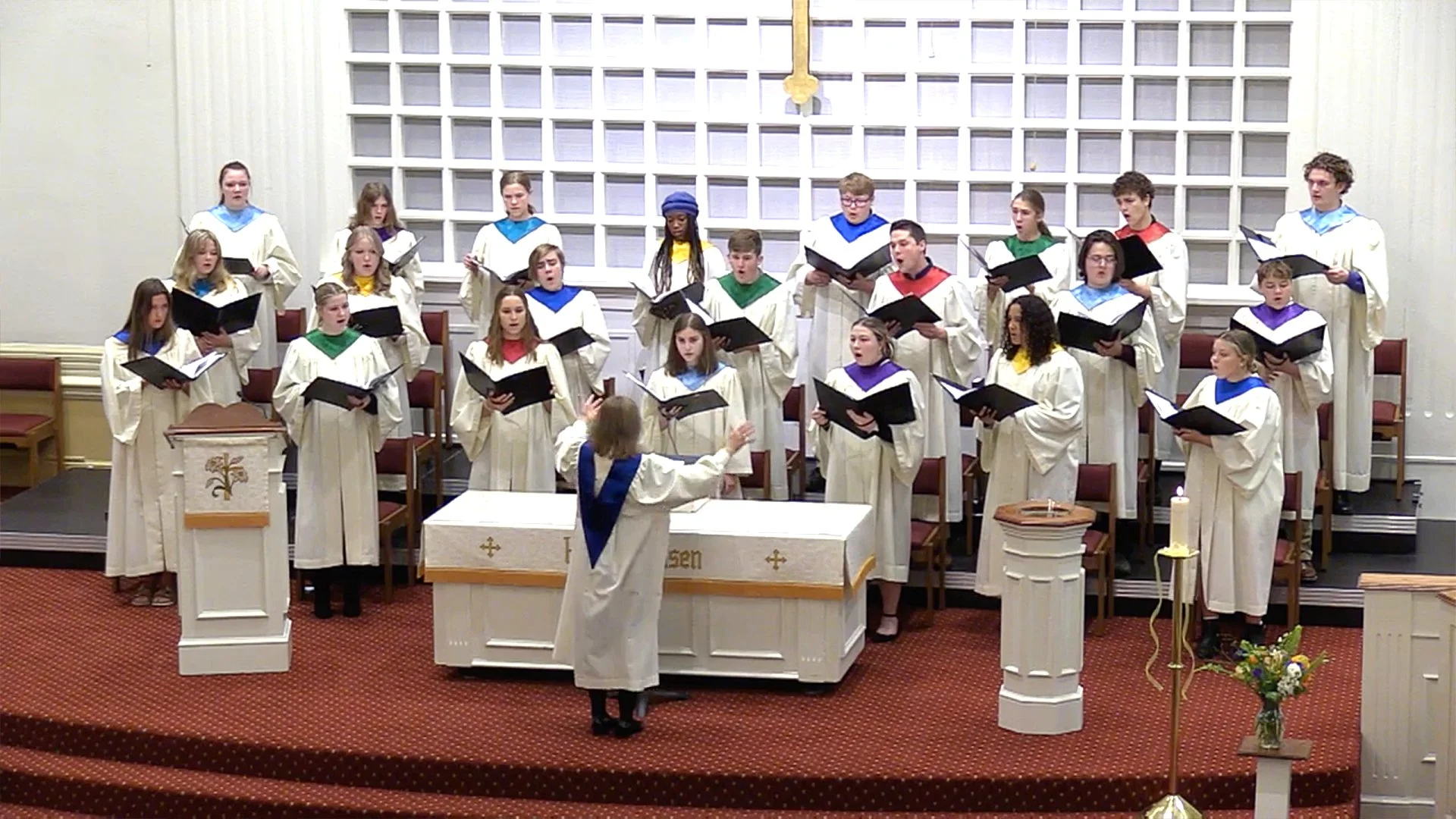Hymn of the Week: July 5, 2024
My Country, ‘Tis of Thee
TEXT: Samuel Francis Smith, 1834
MUSIC: Harmonia Anglicana c. 1744
My country, 'tis of thee,
sweet land of liberty,
of thee I sing:
land where my fathers died,
land of the pilgrims' pride,
from every mountainside
let freedom ring.
My native country, thee,
land of the noble free,
thy name I love;
I love thy rocks and rills,
thy woods and templed hills;
my heart with rapture thrills
like that above.
Let music swell the breeze,
and ring from all the trees
sweet freedom's song.
Let mortal tongues awake;
let all that breathe partake;
let rocks their silence break,
the sound prolong.
Our fathers' God, to thee,
author of liberty,
to thee we sing.
Long may our land be bright
with freedom's holy light;
protect us by thy might,
great God, our King.
Samuel Smith (1808-1895)
When Martin Luther King Jr. made his famous "I have a dream" speech on August 28, 1963, from the steps of the Lincoln Memorial in Washington, D.C., to over 200,000 civil rights supporters, the refrain -- "Let freedom ring!" -- that climaxed this famous speech came from Samuel Smith's patriotic hymn.
Samuel Smith wrote the hymn in 1831 and Martin Luther King's speech took place 132 years later -- a testimony to the power of a song to shape and maintain an idea.
Smith was born in Boston and educated at Harvard and Andover Theological Seminary. Though inspired by Adoniram Judson to mission service, poor health forced him to give up that dream.
Smith was a friend of Lowell Mason, the famous Boston music educator, and hymn tune writer. According to hymnologist Leonard Ellinwood, "My Country, 'Tis of Thee" was one of a group of German poem adaptations Smith wrote for Mason.
Infinitely more singable than the National Anthem, "The Star-Spangled Banner," "My Country, 'Tis of Thee" earned Smith a certain level of popularity. The famous 19th-century Chicago evangelistic singer, Ira Sankey, cites one example:
"Dr. Smith visited the Board of Trade in Chicago in May of 1887. While sitting in the gallery he was pointed out to some of the members. Soon he became the center of considerable notice. All at once the trading on the floor ceased, and from the wheat pit came the familiar words, 'My country 'tis of thee.' After two stanzas had been sung, Dr. Smith arose and bowed. A rousing cheer was given by the men on the floor, to which Dr. Smith was now escorted by the secretary of the Board. The members flocked around Dr. Smith and grasped his hand. Then they opened a passage through the crowd and led him to the wheat pit, where they took off their hats and sang the rest of the hymn."
It is doubtful that many United States citizens could sing the entire hymn by memory today, but, thanks to Martin Luther King Jr., the power of the first stanza continues to resonate in ways probably not imagined by the author. King transformed Smith's antebellum poem into a civil rights refrain in one of the most famous speeches ever given in the history of the United States.
Dr. Hawn is a professor of sacred music at Perkins School of Theology.
Enjoy this recording of the Mormon Tabernacle Choir







